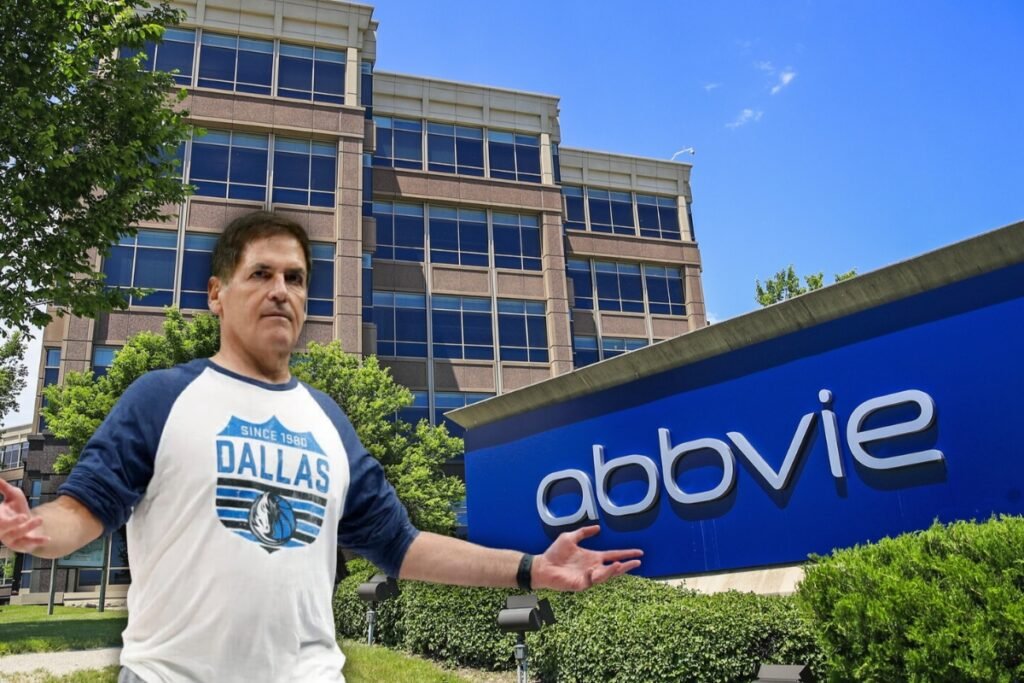AbbVie says that Coherus breached a licensing agreement that controls the commercialization of the biosimilar in a regulatory filing.
The spat started two weeks ago when Mark Cuban Cost Plus Drug Co. said it would charge $569.27 for a carton of two autoinjectors of the Coherus biosimilar, which would be marketed as Yusimry and go on sale on July 1.
The cost is 85% less than the $6,922 per month that AbbVie charges for the blockbuster drug, which treats a wide range of autoimmune disorders. Additionally, it represents a savings above the $995 Coherus intends to charge.
According to a Securities and Exchange Commission (SEC) document, AbbVie wrote Coherus on June 6 and accused the Delaware-based business of violating the terms of their settlement and licensing agreement. Five days later, Coherus wrote to AbbVie to dispute the claim and ask for further details.
Coherus stated in its SEC filing that it applied for a temporary restraining order in a Delaware court on Tuesday of this week in order to maintain the timing of its scheduled launch. AbbVie requested a preliminary injunction as soon as they could.
AbbVie concurred on Wednesday that it won’t terminate the licensing agreement “unless it first serves a new notice of breach and affords the Company an opportunity to cure any alleged breach,” according to Coherus’ filing.
Humira generated ~$20 billion in sales for AbbVie last year. In Europe, the corporation already has biosimilar rivals for Humira. AbbVie and a number of biosimilar producers in the US have agreements in place to postpone and limit the sales of the knockoffs until this year.
Five months ago, Amgen introduced the first biosimilar to Humira. Others may likely follow, including Boehringer Ingelheim, the sole business to receive “interchangeable” classification for Cyltezo Pen, a Humira imitation that will also be on sale on July 1.





























